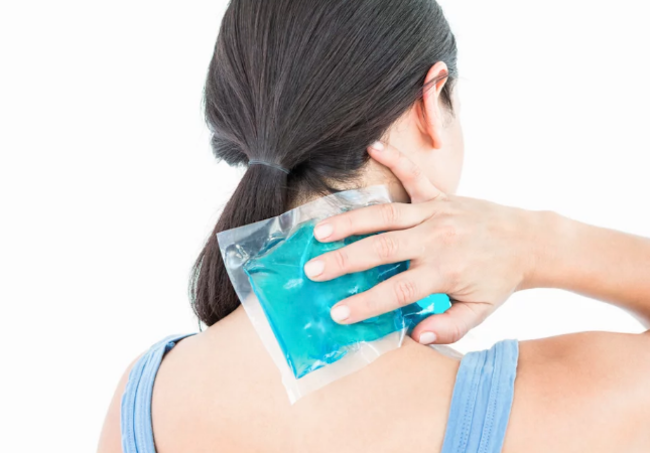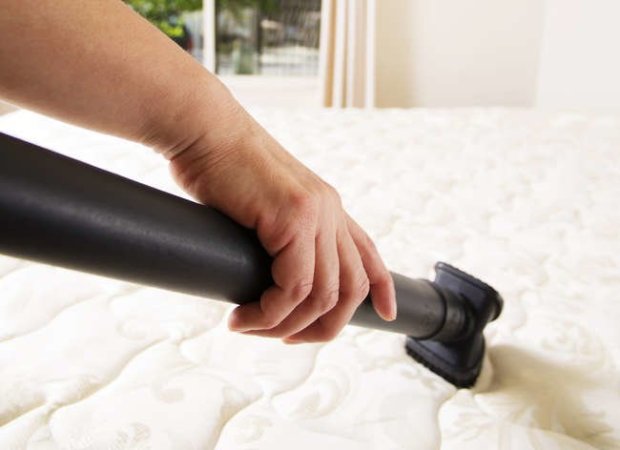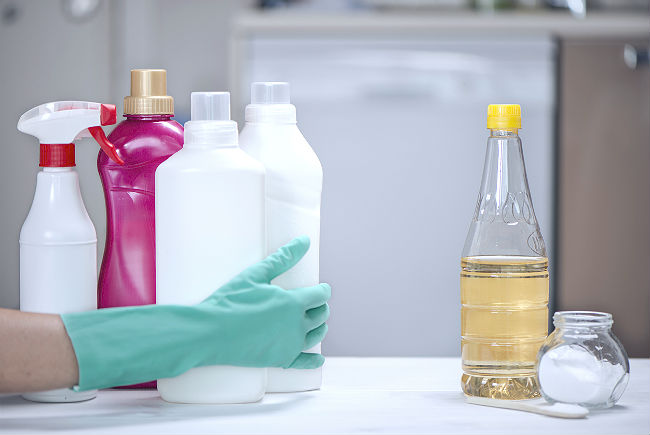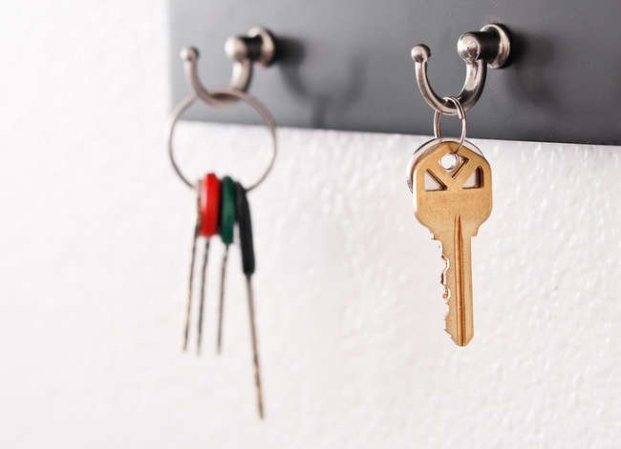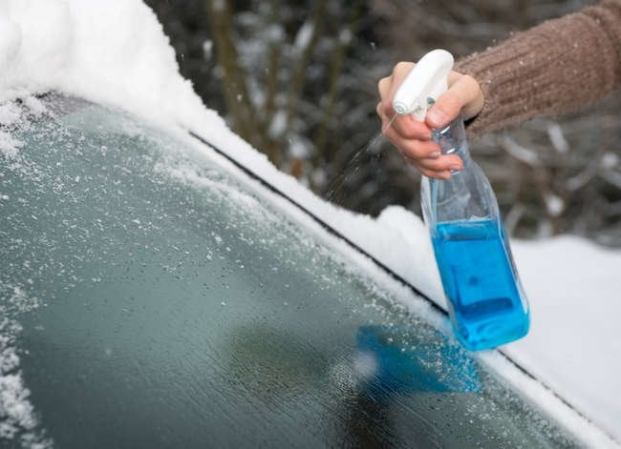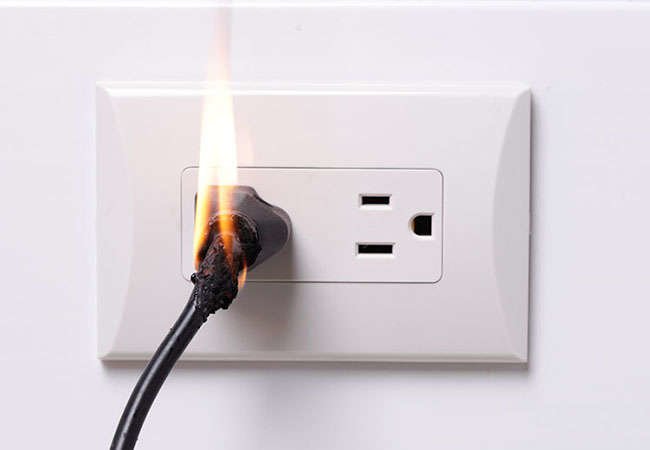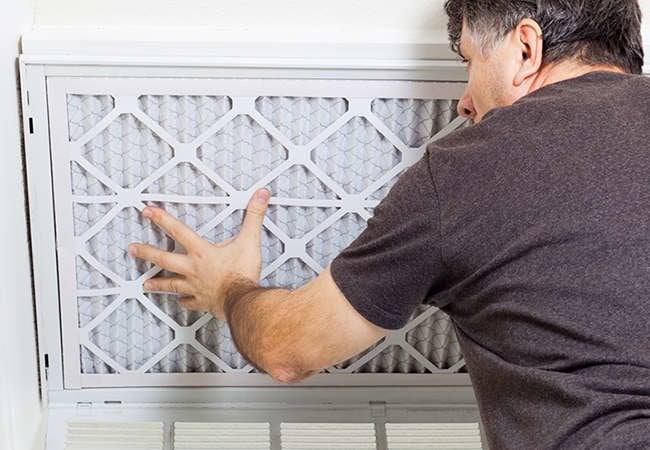We may earn revenue from the products available on this page and participate in affiliate programs. Learn More ›
Safety First!
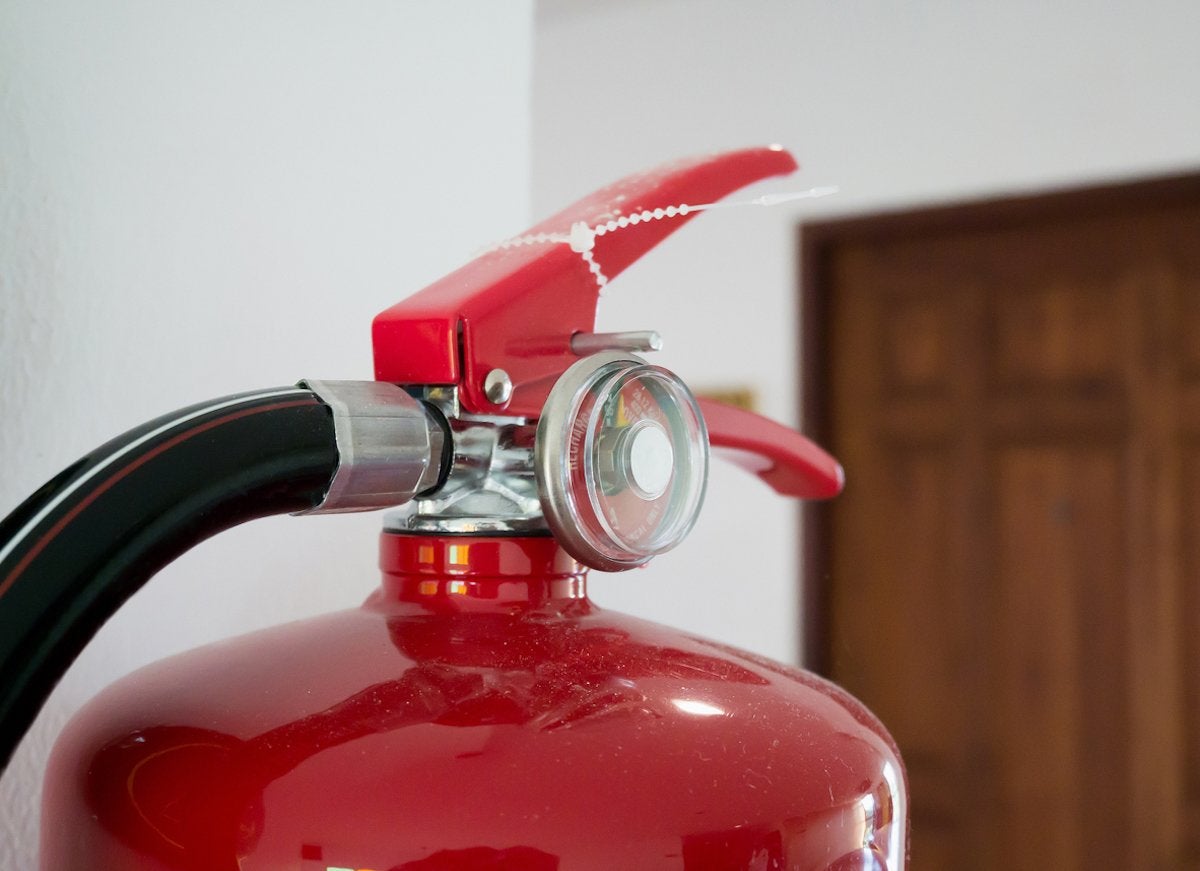
Fire extinguishers usually last anywhere from 5 to 15 years, but they do need to be routinely maintained and replaced. When checking a fire extinguisher, first look at the pressure gauge (if present) at the top of the unit—green is good, red means toss it. To check a small handheld extinguisher, rotate and shake the canister, and listen. If you can’t hear anything moving around, the fire-extinguishing chemicals may have solidified and will need to be replaced, even if a gauge indicates that the pressure is good.
Precious Cargo

A car seat can save a child’s life in an accident, but even this crucial safety device has an expiration date. Heat and cold cause the materials to expand and contract, negatively impacting the seat’s safety capabilities. As a result, it’s a good idea to replace a car seat 6 to 10 years after its manufacture date, which is usually stamped on the bottom or side of the seat. It is best to avoid buying a used car seat, because previous damage can affect its performance.
Related: 7 Ways You’re Ruining Your Car
Use Your Head

Bike helmets are constructed of materials that expand and contract in hot and cold temperatures; over time, this can degrade a helmet’s effectiveness. It is a good idea to replace bike helmets every three to five years, or after they have been damaged in any way.
Goodbye Old Paint
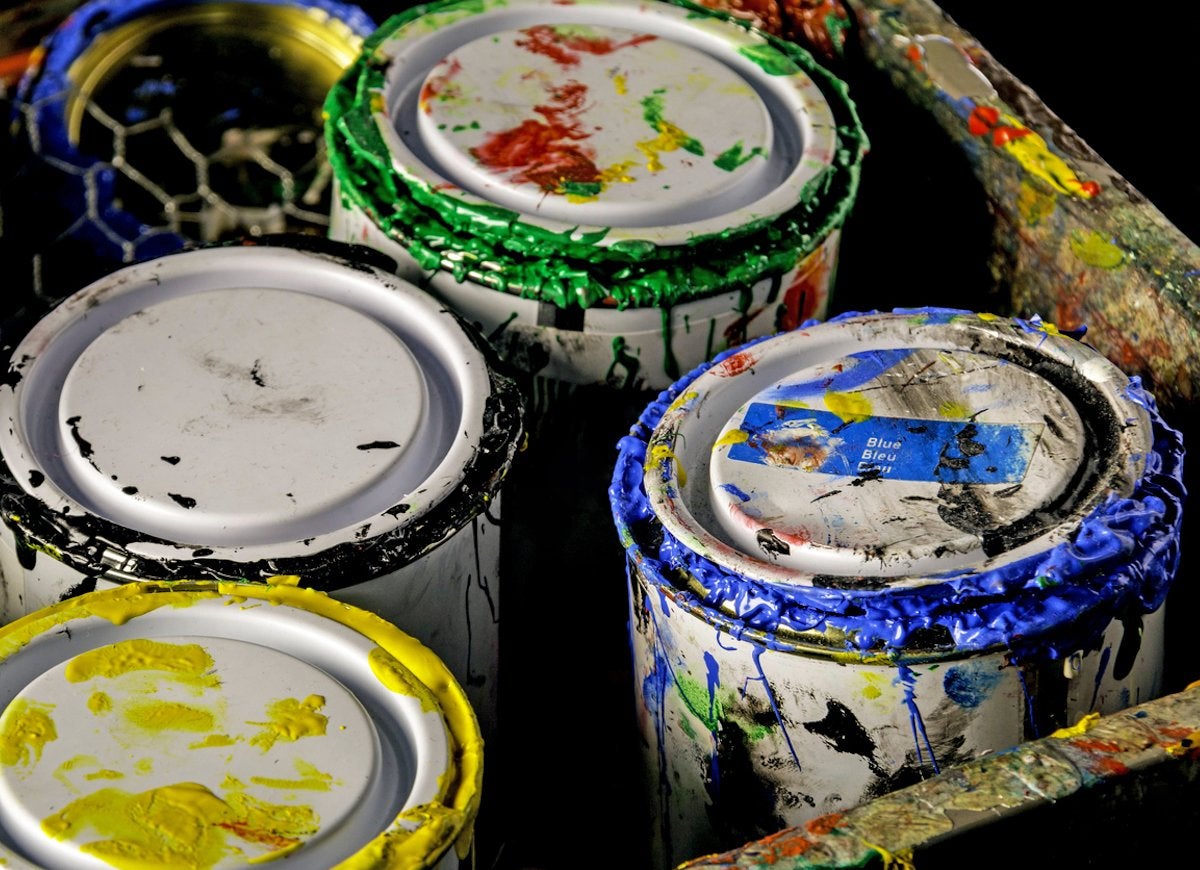
If you’ve been hanging on to that spare gallon from last decade’s paint project, you might want to use it now or throw it out. In fact, because paint loses effectiveness over time, opened cans should be tossed out after four years, as should any paint that is dried out, moldy, or chunky. Unopened latex paint can be used for up to 10 years; unopened oil-based paint can be used for up to 15 years.
Scrap the Sunscreen
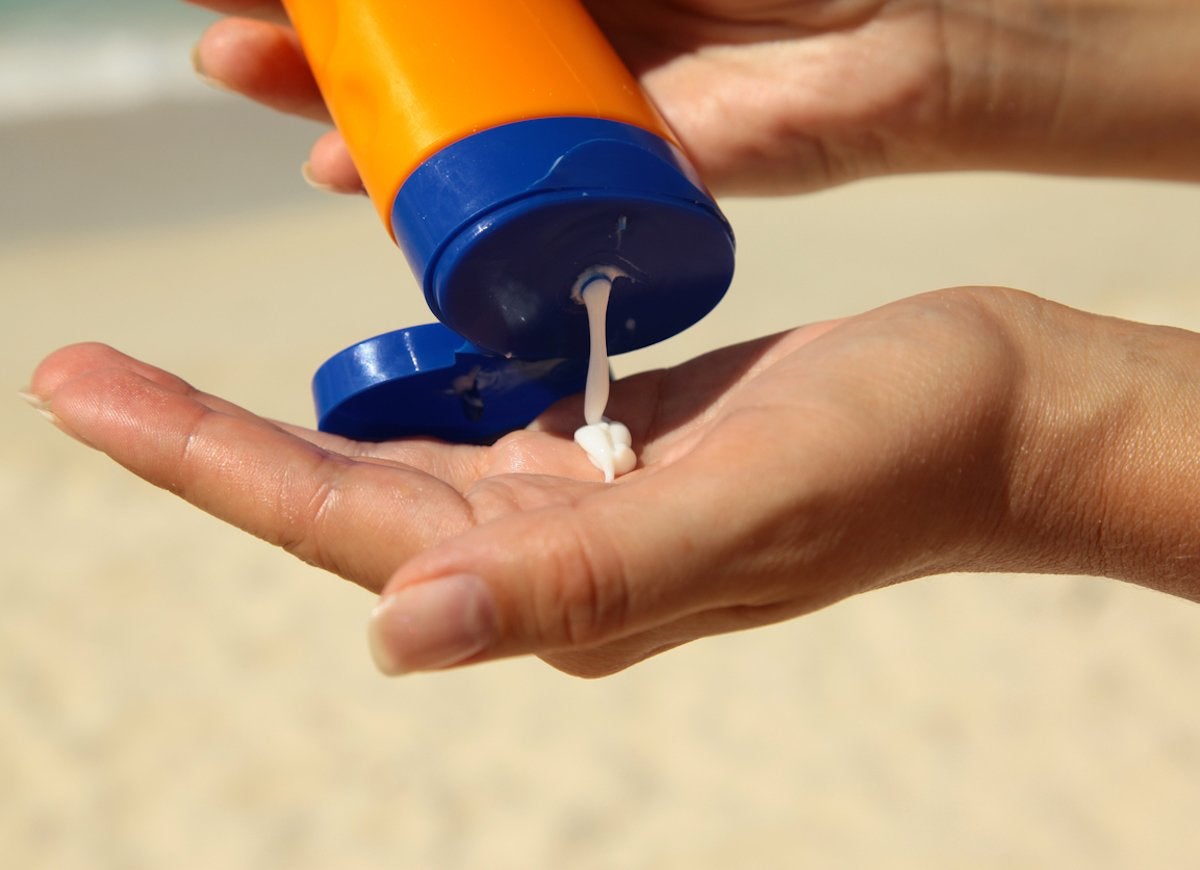
Using old sunscreen actually can leave your skin vulnerable to a nasty sunburn. The Mayo Clinic found that most sunscreen lasts only about three years. Many health professionals recommend buying a new bottle of sunscreen every year to keep your skin safe from the sun’s rays as well as from any bacteria that may have taken up residence in that bottle you opened at the beach last year.
Gas Gone Bad
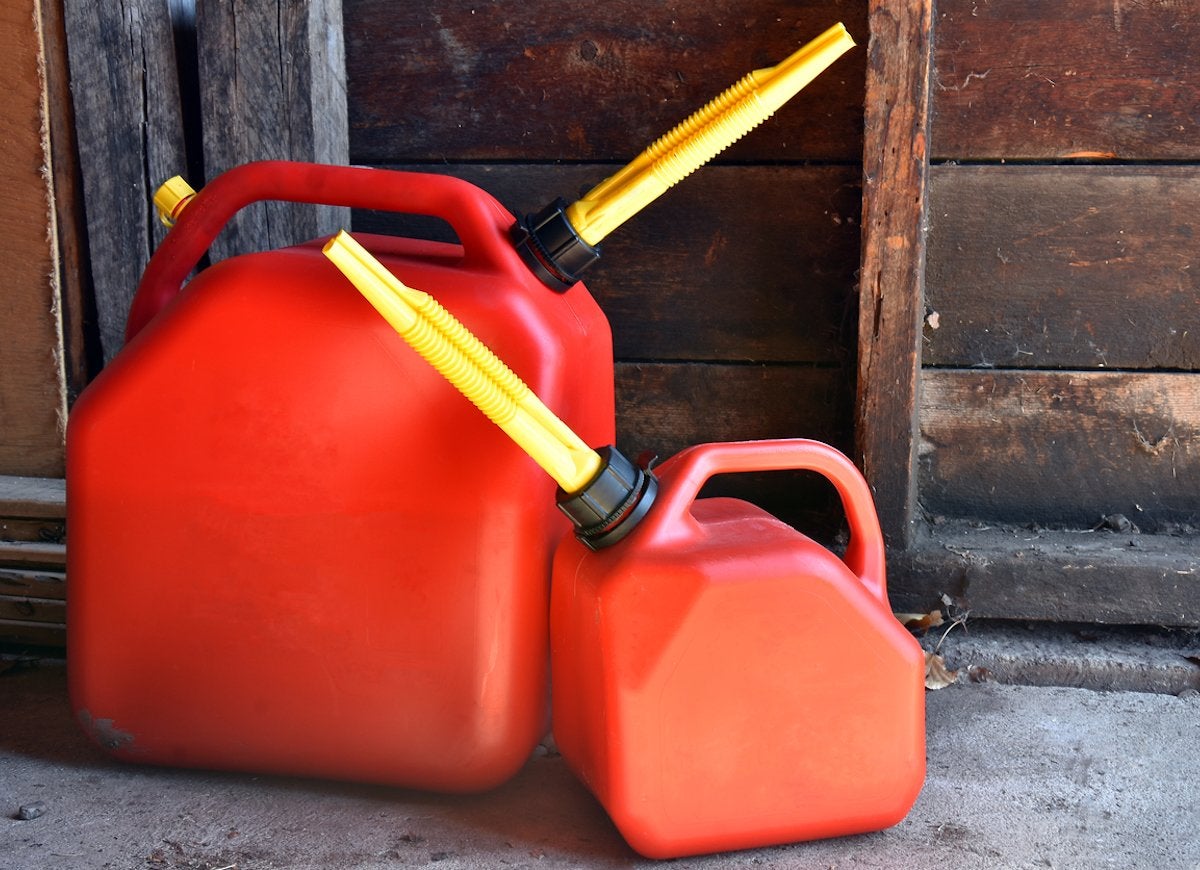
Don’t keep those gas cans lying around forever. Diesel fuel should be stored for only six months, while gasoline can be stored for up to two years. Fuel that’s sitting inside your lawn mower or other gas-powered equipment, however, should be used promptly or it can damage the machinery. Remove fuel from gas-powered tools that you won’t be using for a long period of time, and never pack equipment away for the winter without emptying the fuel tank.
Dead Batteries
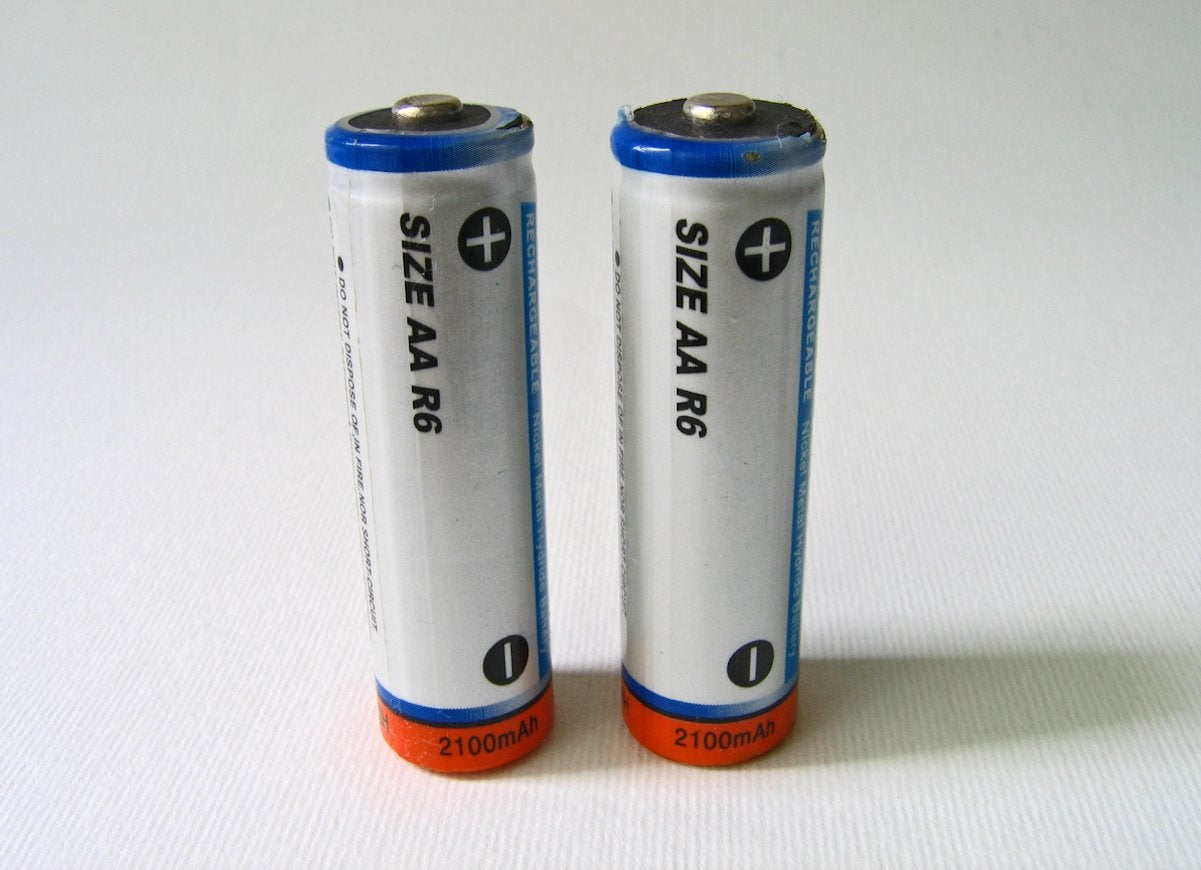
Batteries actually start to degrade as soon as they are manufactured, whether or not they are in use. The usable shelf life of a battery is based on the size and type of battery as well as how it is stored. For best results, store batteries in a dry and cool environment, and keep an eye on the expiration dates printed on the battery or packaging.
Throwing Shades
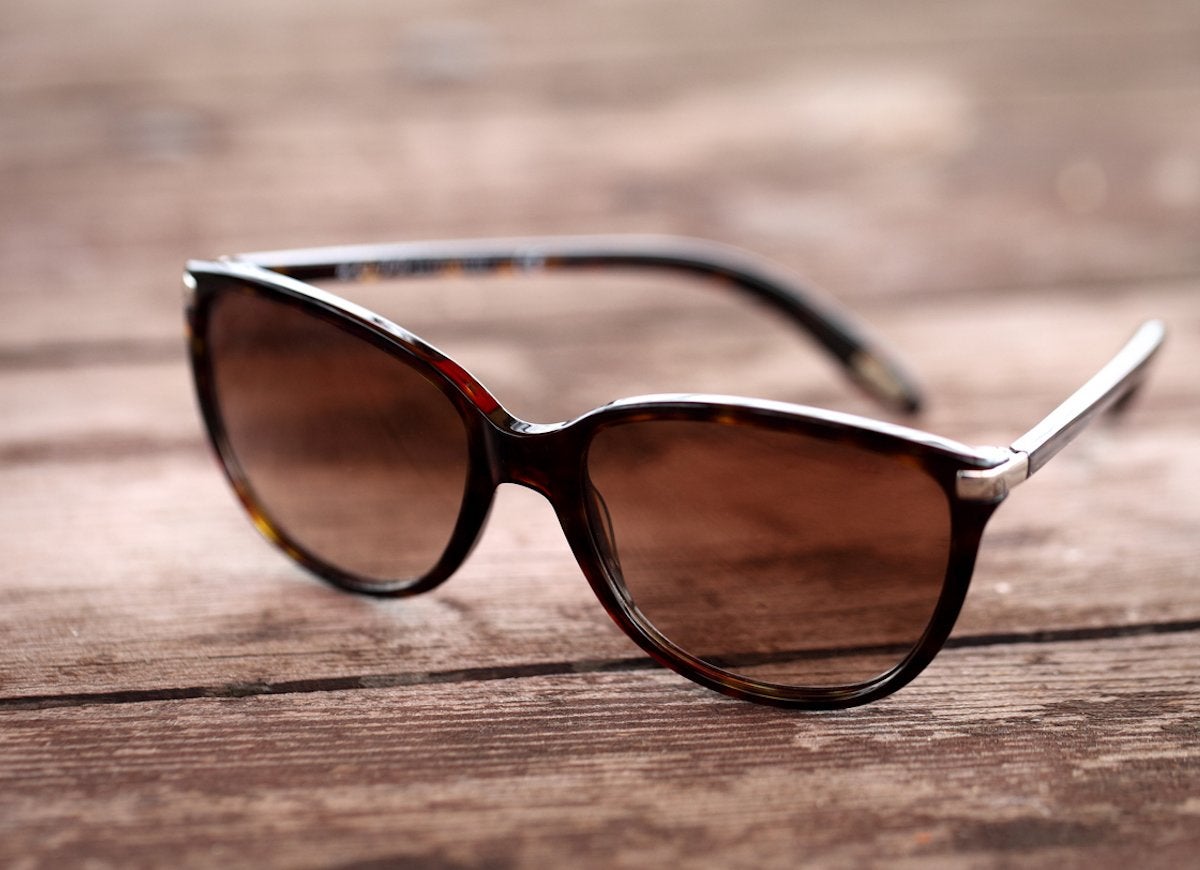
Sunglasses are designed to protect your eyes by blocking harmful ultraviolet rays and cutting down on glare. Over time, though, sunglasses become less effective in blocking those UV rays. New scientific research at the University of São Paolo in Brazil says you should replace your sunglasses (or at least the lenses) every two years to protect your eyes from damage.
Running Hot and Cold
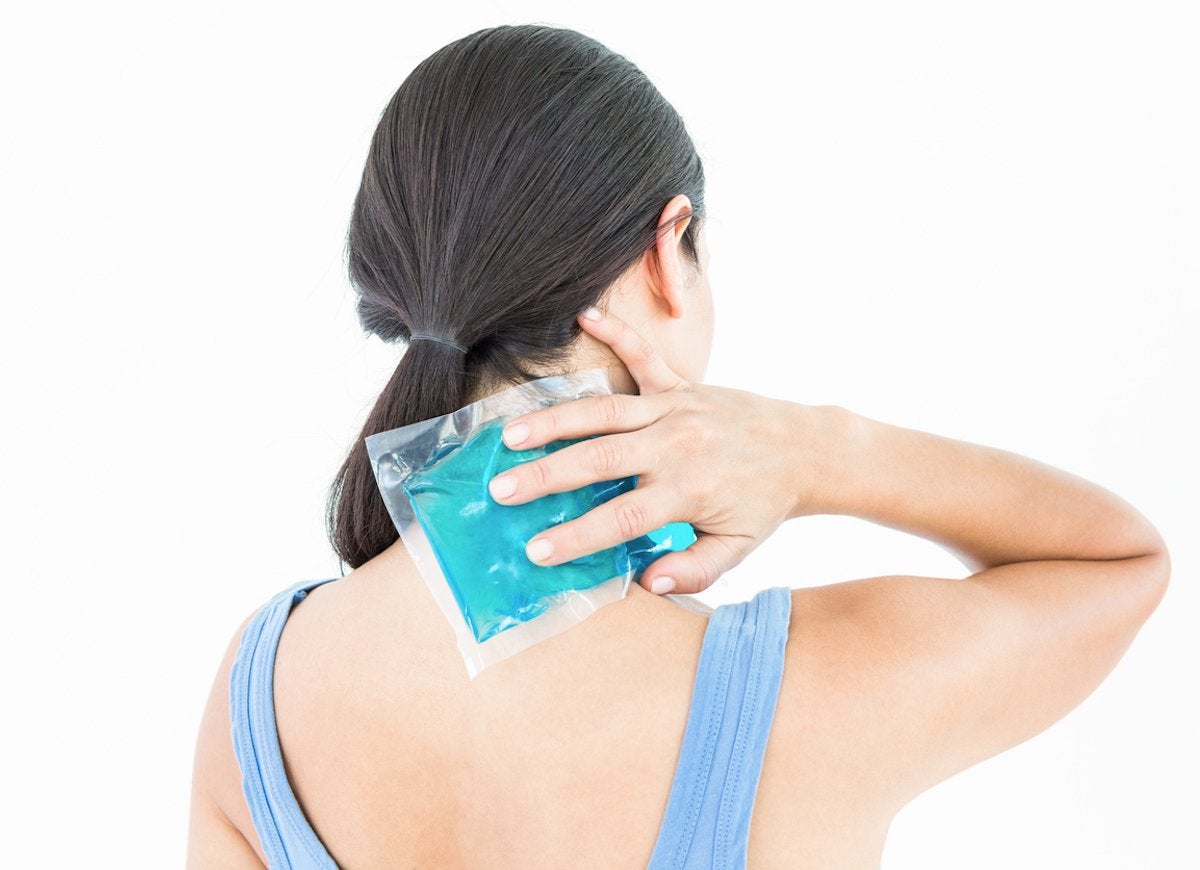
Instant cold packs and instant warmers are staples of many first aid kits, and they both have limited shelf lives. Instant cold packs typically last about 18 to 24 months, while instant warmers will generally last about five years.
Related: 8 First Aid Supplies You Can Grow at Home
Lifespan of a Lifesaver
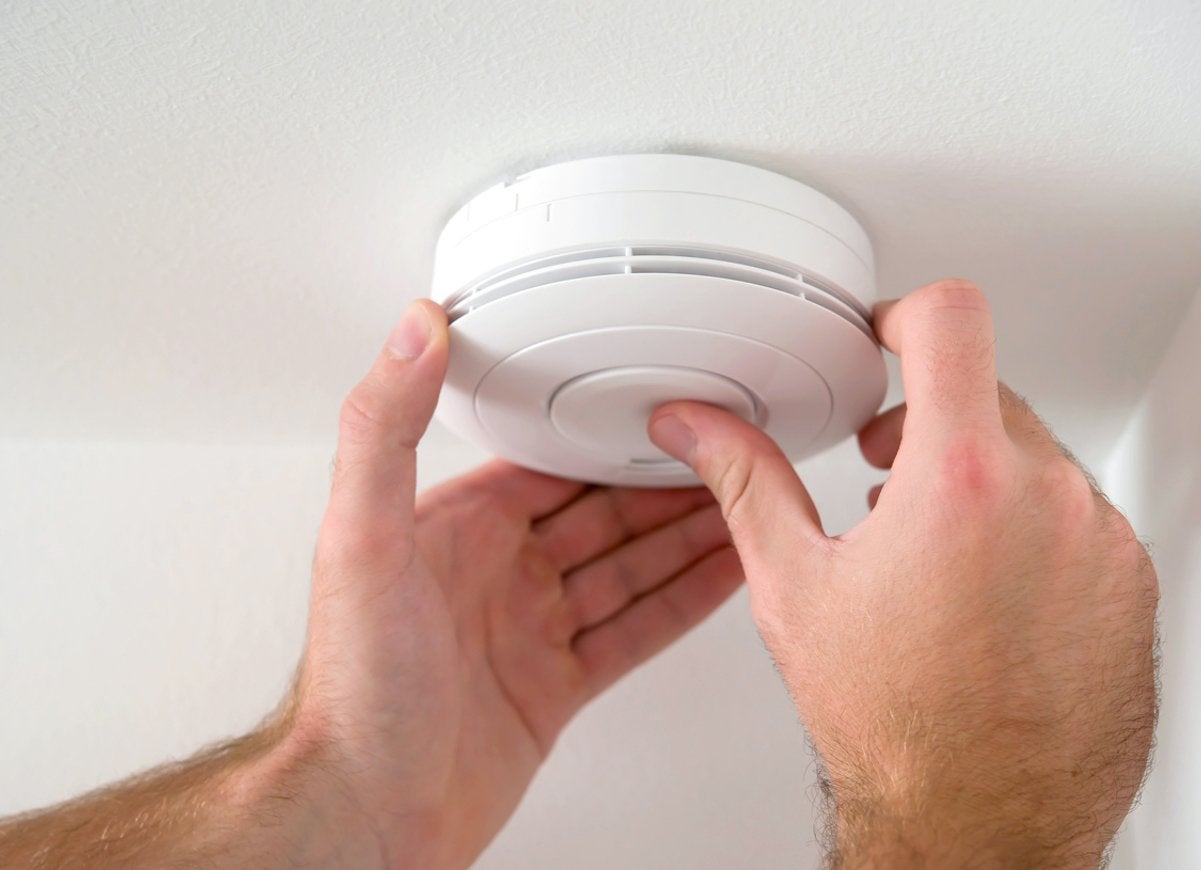
Smoke detectors and carbon monoxide detectors lose effectiveness over time, even if you regularly replace the batteries. Manufacturers typically recommend replacing these vital home safety items after 10 years. Check the manufacturing date on detectors in your home to make sure they’re not past their prime.
Related: 10 Things Your Local Fire Department Wishes You Knew
Power Failure
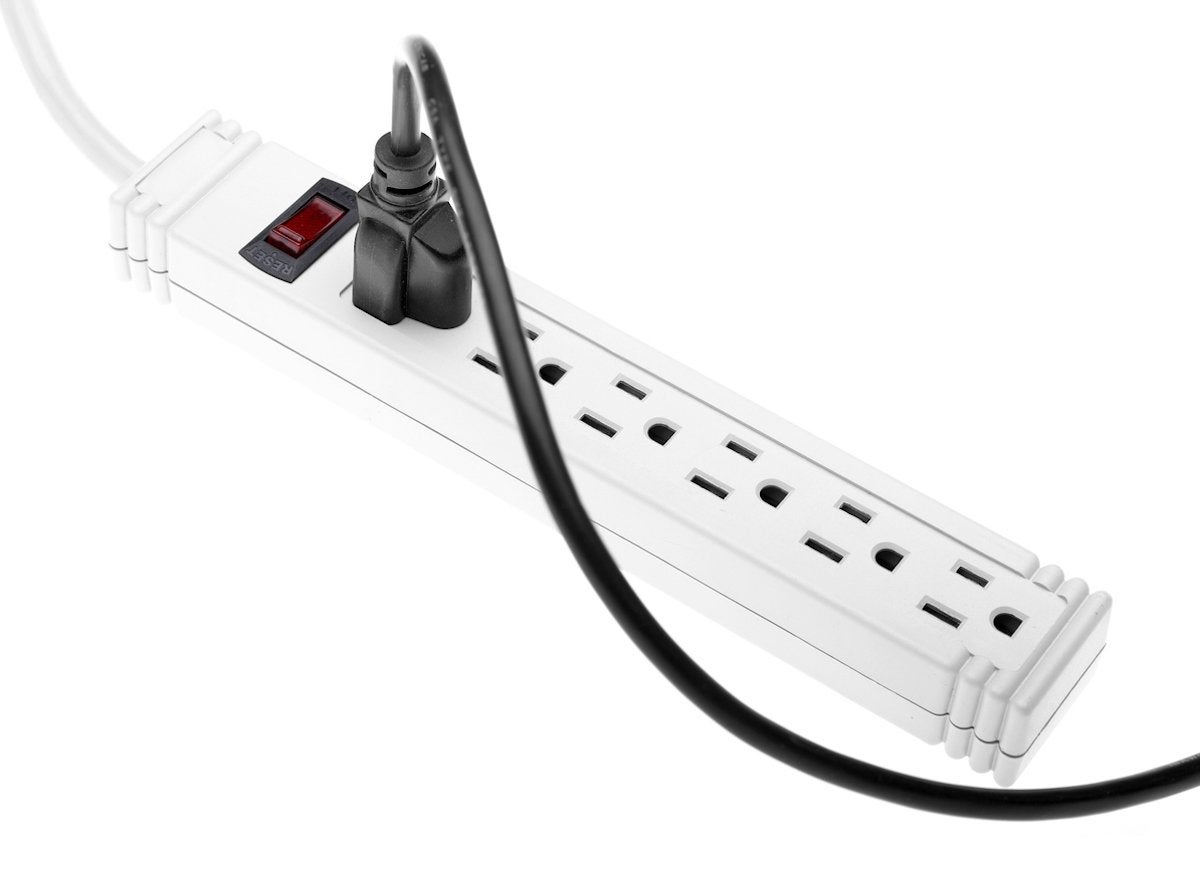
Power strips, extension cords, and surge protectors all go bad over time, and they can become fire hazards. Although most of these products are not marked with expiration dates, it is a good idea to discard them after the warranty period is over. Any cords, strips, or protectors that become discolored, show signs of burning or scorching, or become hot during use should be immediately trashed.
Clear Out the Cleaners
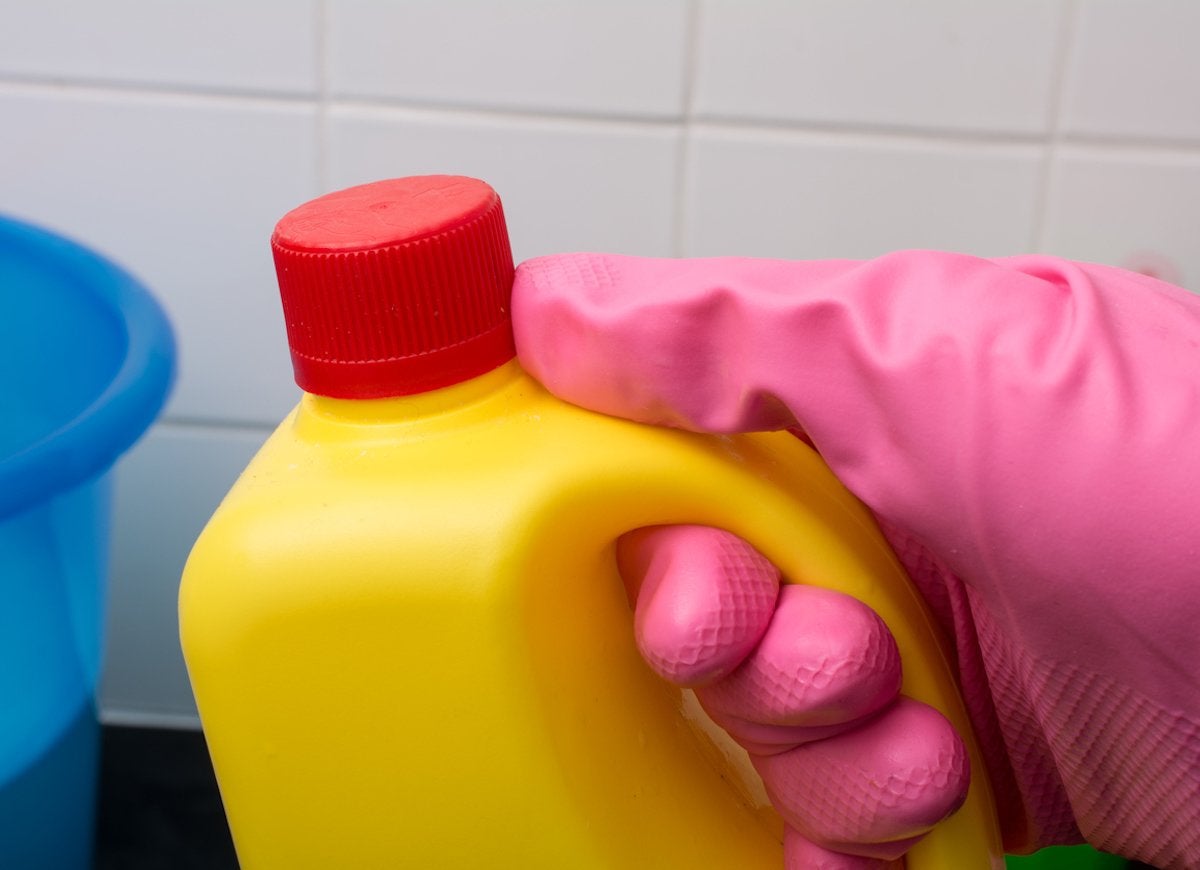
Bleach and other household disinfectants lose potency over time and become less effective for cleaning and sanitizing. According to the U.S. Environmental Protection Agency, bleach falls below sanitizing standards after just three months. For maximum germ-fighting power, buy small bottles of bleach that you know you can use before it starts to lose its effectiveness.

